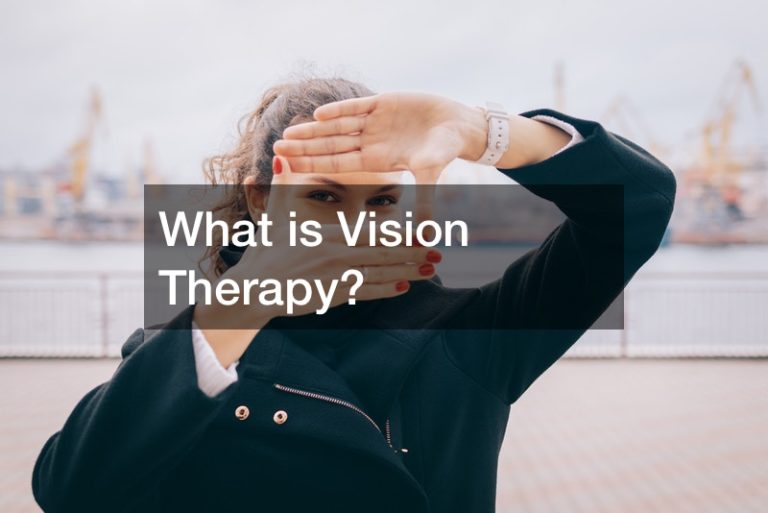Telltale Signs a Person is Suffering From Anorexia Nervosa

Anorexia nervosa is a serious eating disorder characterized by an intense fear of gaining weight and a distorted body image. Recognizing the signs early is crucial for seeking appropriate help, such as anorexia nervosa treatment. Here are some key indicators that someone may be suffering from this condition.
Significant Weight Loss
One of the most noticeable signs of anorexia nervosa is significant and rapid weight loss.
Individuals with anorexia often lose weight to the point where their body mass index (BMI) is considerably below the normal range for their age and height.
Obsessive Caloric Restriction
People suffering from anorexia nervosa tend to obsessively count calories, meticulously control portion sizes, and often skip meals entirely. This extreme restriction of food intake is driven by an intense fear of gaining weight, regardless of their current weight.
Distorted Body Image
A hallmark of anorexia nervosa is a distorted perception of one’s body. Despite being underweight, individuals may see themselves as overweight and become preoccupied with perceived flaws in their appearance. This distorted body image fuels their fear of weight gain and reinforces their restrictive eating behaviors.
Excessive Exercise
Many individuals with anorexia nervosa engage in excessive exercise as a way to burn calories and control their weight. This compulsive behavior can be harmful, especially when combined with severe caloric restriction, leading to further physical deterioration.
Social Withdrawal
Social isolation is common among those with anorexia nervosa. They may avoid social gatherings, especially those involving food, and withdraw from friends and family. This withdrawal is often due to the fear of being judged or pressured to eat.
Physical Symptoms
Physical symptoms of anorexia nervosa can include fatigue, dizziness, hair loss, brittle nails, and amenorrhea (loss of menstrual periods in women). These symptoms result from severe malnutrition and can indicate the need for urgent medical intervention.
Seeking Help
If you recognize these signs in yourself or someone else, it is essential to seek professional help immediately. An anorexia nervosa treatment facility can provide comprehensive care, including medical, nutritional, and psychological support, to address the complex needs of individuals suffering from this disorder. Early intervention is key to recovery and can significantly improve outcomes.
.







